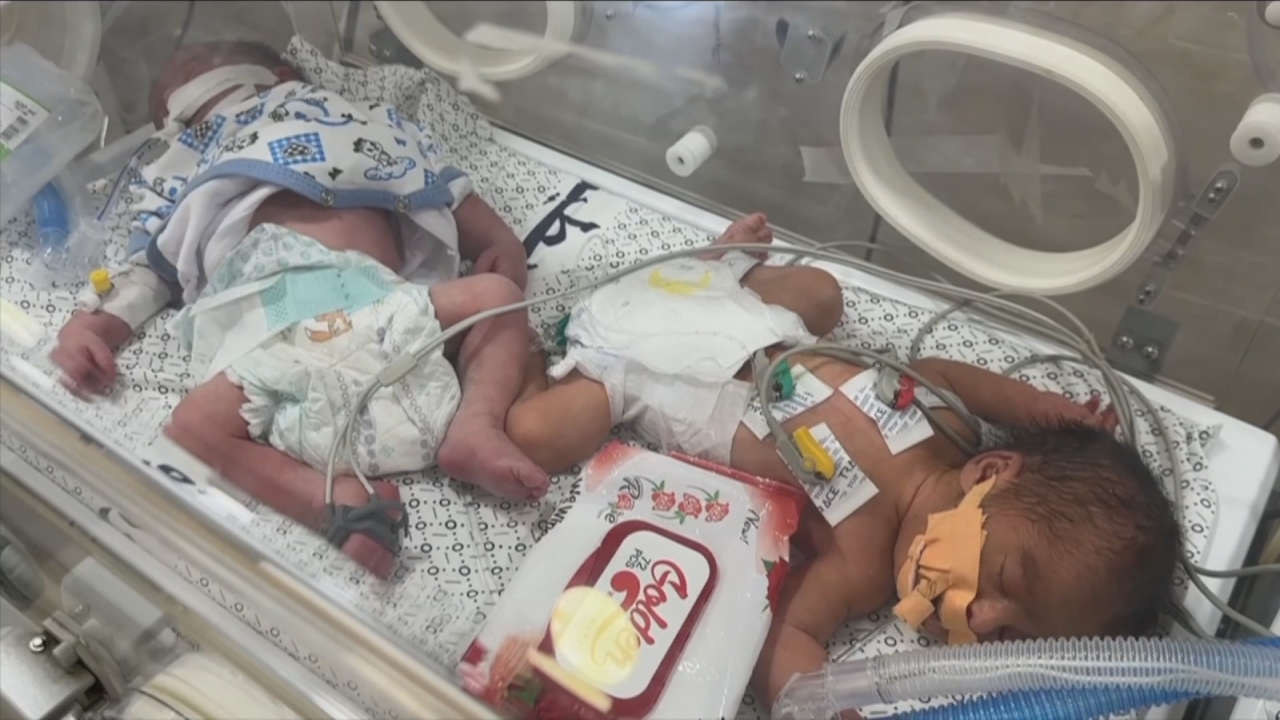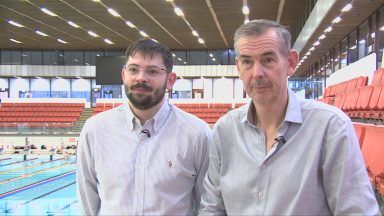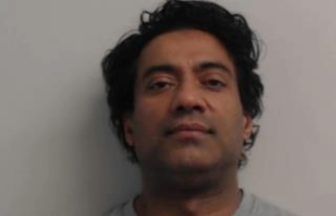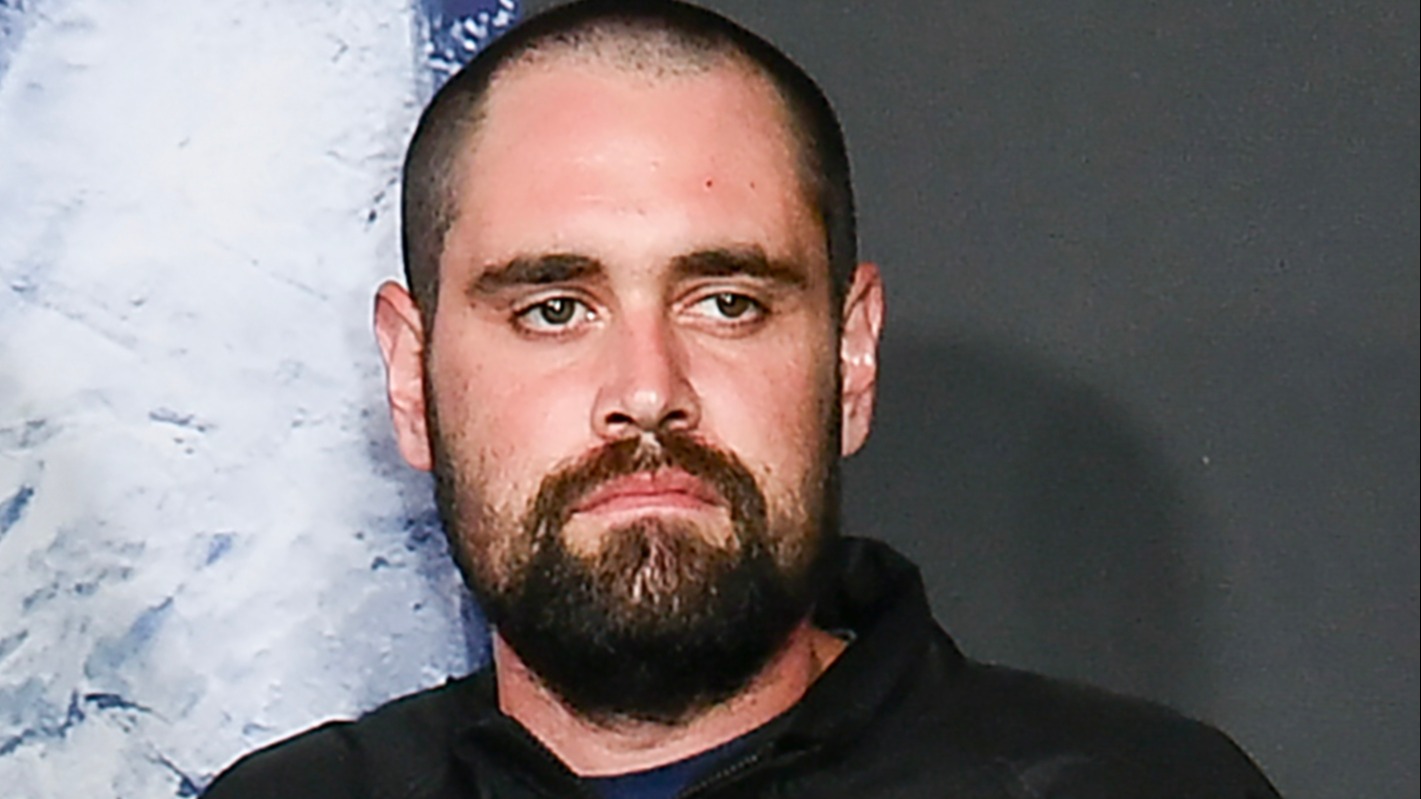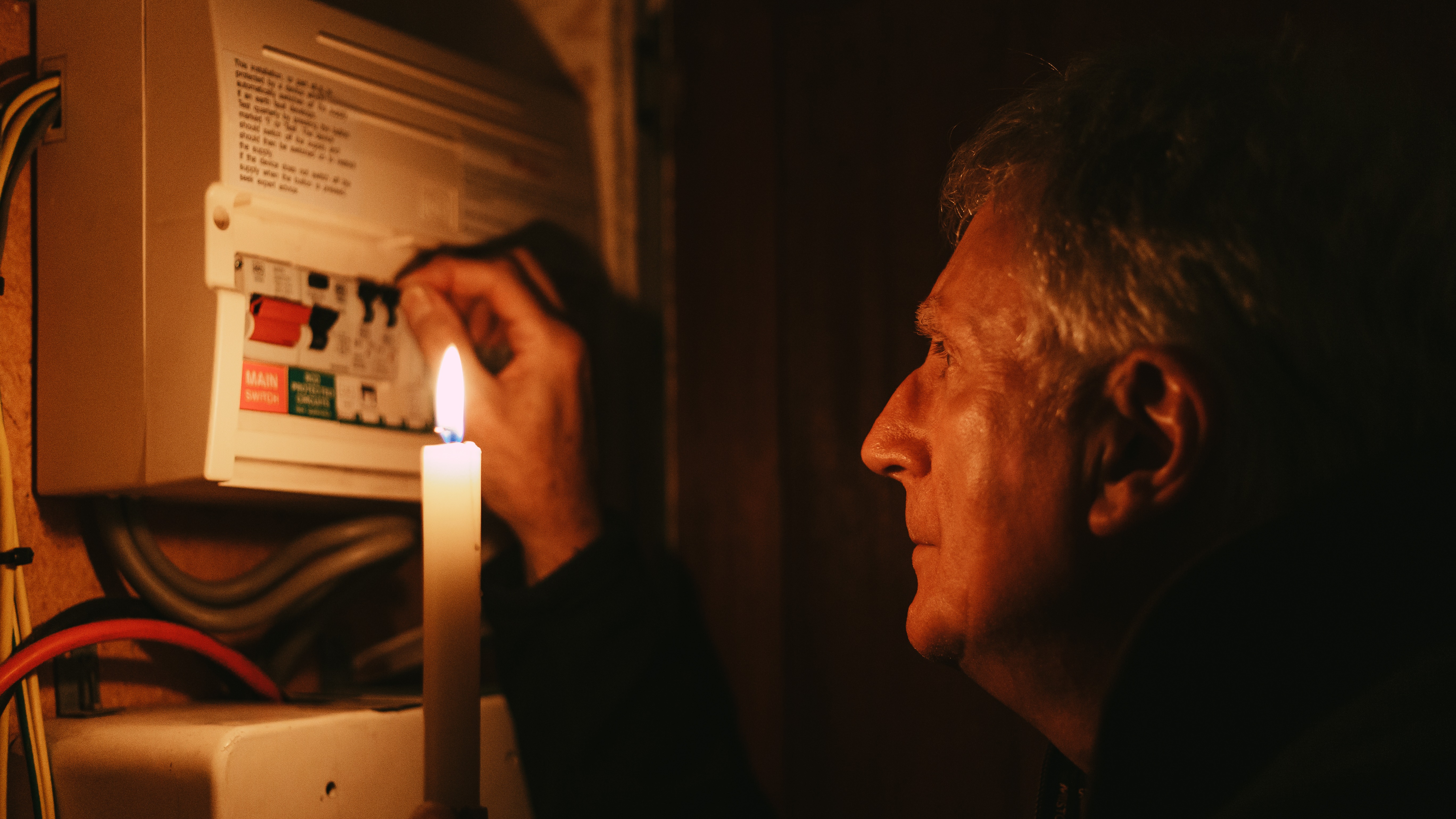At least 15 babies have died from malnutrition or dehydration at the hospital in the past week and 17 more are on the brink of death, one doctor told ITV News’ Correspondent Emma Murphy
Newsgathering by Roohi Hasan, words by Alicia Curry
Children and newborns are bearing the brunt of the escalation of Israel’s relentless bombing campaign in Gaza, both as casualties and in reduced access to food, water and health services.
In the north of the besieged enclave, families have been struck by grief after their children’s lives have been claimed by severe malnutrition and dehydration.
Dr Hussam Abu Safiyeh, a paediatric doctor at Kamal Adwan Hospital, confirmed 15 babies and children have died from such a fate over the past week.
He told ITV News, 17 more children, who have been admitted in the paediatric intensive care unit, are on the brink of death.
A World Health Organisation (WHO) team visiting the hospital at the weekend corroborated the dire conditions, saying the lack of food resulted in the deaths of 10 children at the hospital.
At the Kamal Adwan Hospital – considered the only hospital left able to provide paediatric services – capability of treatment is bound to stretched resources, with fuel for incubators leaving ailing children in an even more critical position.
The Hamas-run health ministry says the death toll has been rising since last week when incubators and oxygen supplies at the hospital ceased to operate at night because of fuel shortages.
A doctor at the hospital confirmed two babies – who had pneumonia – died after a power cut shut off the incubators providing them oxygen.
Speaking to WHO, he said the blackout was a result of there being “no fuel to power generators.”
At the start of the offensive, an Israeli minister said the aim of blockading the Gaza borders is so “there will be no electricity, no food, no fuel”.
Dr Abu Safiyeh told ITV News that although WHO brought fuel to the hospital and incubators are now functioning again, they still have no food to give to patients.
He said families are coming to the hospital in the hopes of food, but at most Dr Abu Safiyeh is able to give them vitamins.
Posting to X, WHO Director-General Tedros Adhanom Ghebreyesus, said the organisation took in fuel and medicine, but that it is only “a fraction of the urgent lifesaving needs”.
The humanitarian crisis is particularly dire in northern Gaza, with WHO reporting that
nutrition screenings conducted at shelters and health centres in January found 15.6% – or one in six children under two years of age – are acutely malnourished.
Of these, almost 3% suffer from severe wasting, the most life-threatening form of malnutrition.
Before the hostilities, wasting in the Gaza Strip was rare with just 0.8% of children under 5 years of age acutely malnourished.
The rate of 15.6% of wasting among children under two in northern Gaza suggests a serious and rapid decline.
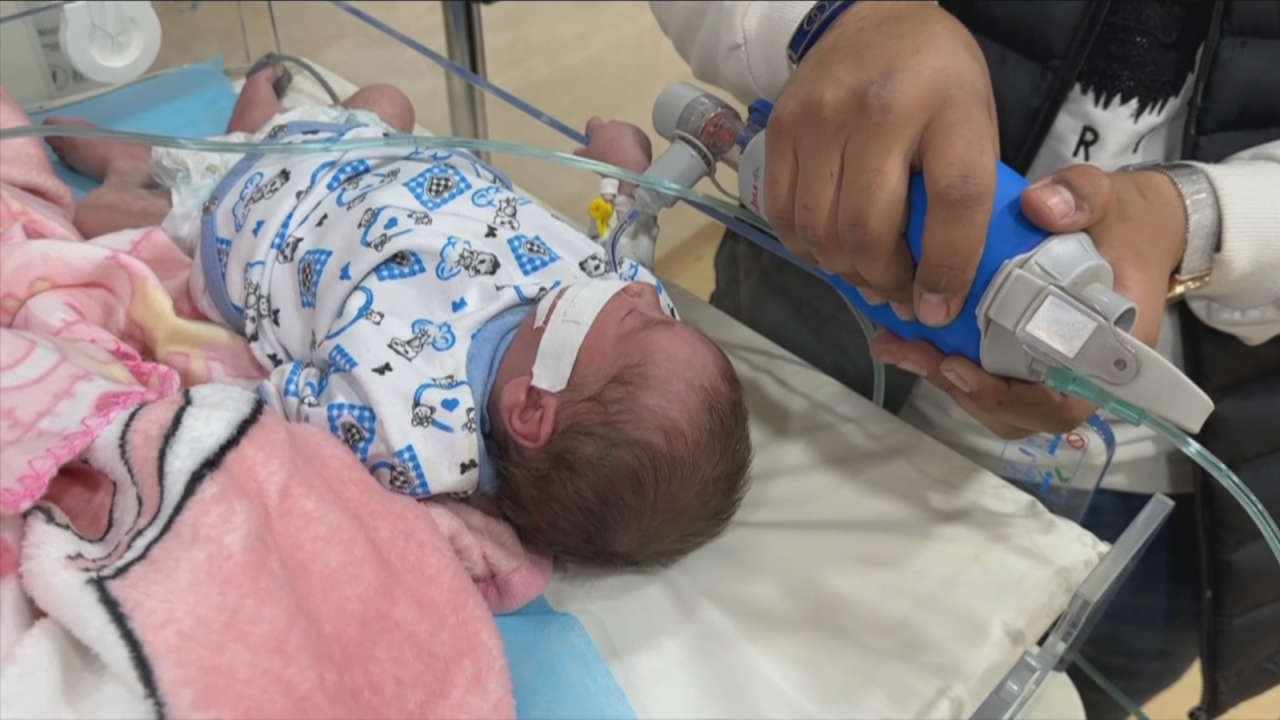
Such a decline in a population’s nutritional status in three months is unprecedented globally.
Despite international condemnation, Israel’s Prime Minister Benjamin Netanyahu has refused to cease the military’s planned ground offensive on Rafah, the southernmost city of Gaza and sole access point for aid deliveries.
For weeks, international mediators were trying to broker a deal between Hamas and Israel to facilitate the release of up to 40 hostages in return for a six-week cease-fire and to allow aid to enter the strip.
But on Tuesday, Egyptian officials confirmed that talks have ended without a breakthrough.
Hamas has refused to release all of the estimated 100 hostages it holds, and the remains of around 30 more, unless Israel ends its offensive, withdraws from Gaza and releases a large number of Palestinian prisoners, including senior militants serving life sentences.
Netanyahu has publicly rejected Hamas’ demands and repeatedly vowed to continue the war until the militant group is dismantled and all the hostages taken during the October 7 incursion are returned.
Follow STV News on WhatsApp
Scan the QR code on your mobile device for all the latest news from around the country


